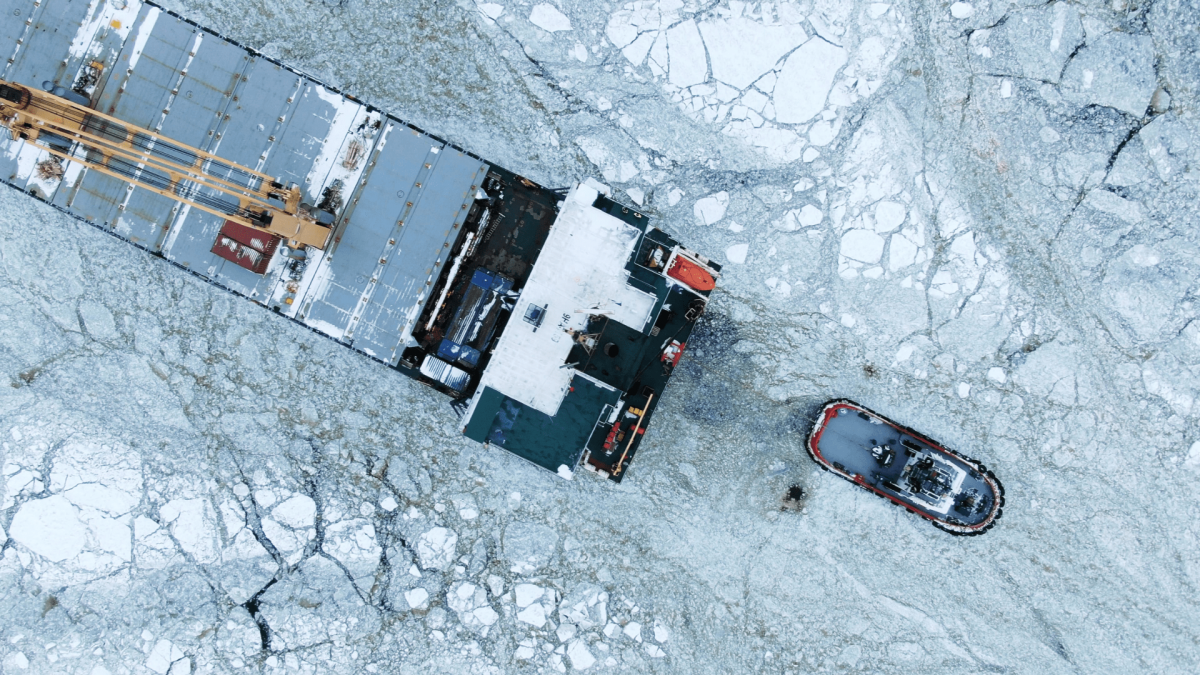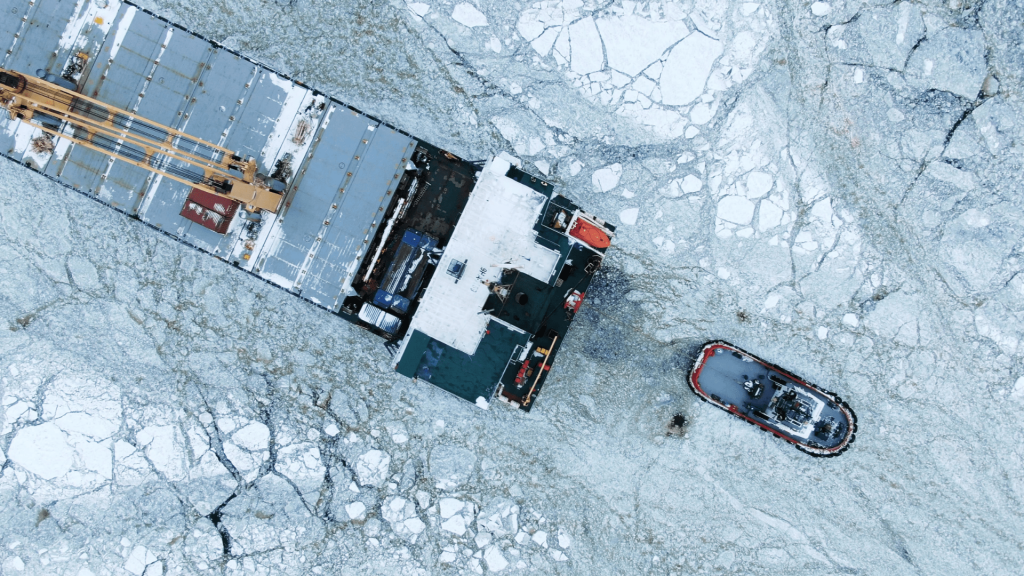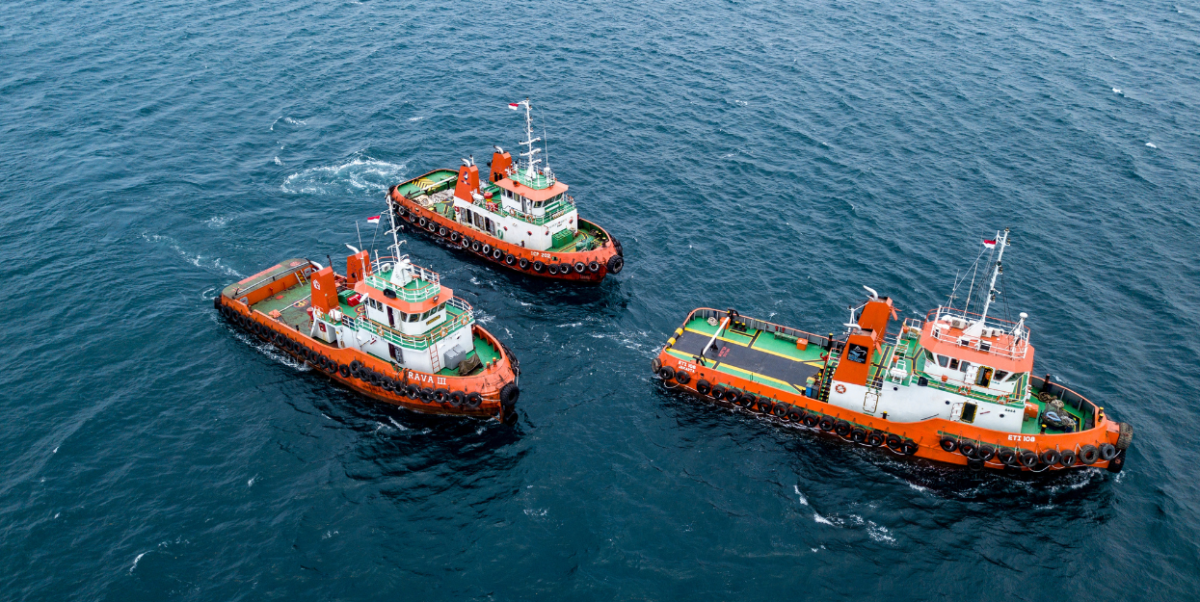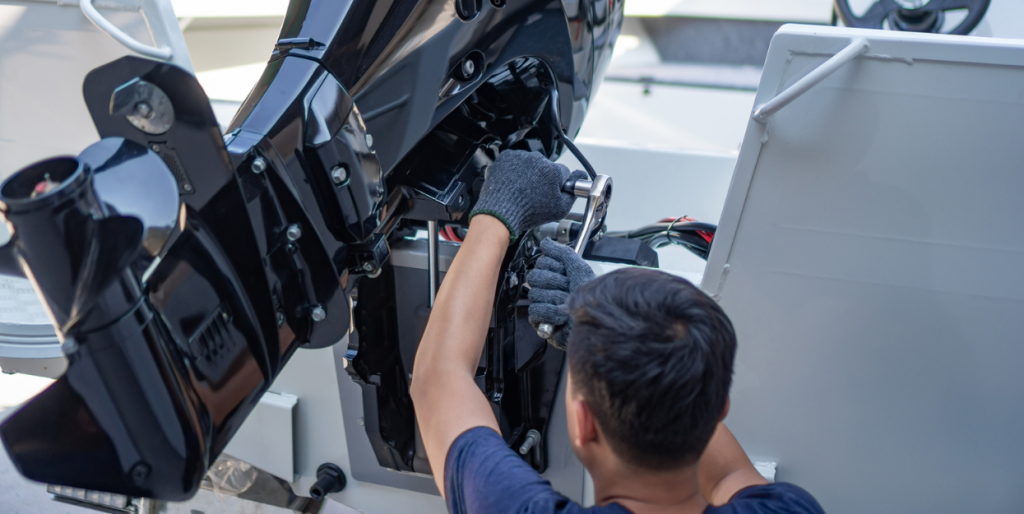The MCA approved STCW Basic Training for Service on Ships using Fuels provides training for seafarers responsible for designated safety duties associated with the care, use, or in emergency response to the fuels on board ships subject to the IGF code (International Code of Safety for Ships using Gases or other Low-flashpoint Fuels).
In our latest article, we look at the many reasons why this course is so important.
Safety:
The International Code of Safety for Ships using Gases or other Low-flashpoint Fuels (IGF Code) sets out safety standards for ships that use alternative fuels, such as liquefied natural gas (LNG) and other low-flashpoint fuels.
This code aims to ensure the safe design, construction, and operation of ships using these fuels.
The STCW Basic Training covers the essential knowledge and skills required to handle and respond to emergencies related to these fuels, ensuring the safety of the crew, passengers, and the environment.
Competence:
The training ensures that seafarers working on ships using alternative fuels are competent in handling the specific challenges and hazards associated with such fuels.
It covers topics like fuel characteristics, safe fuel handling procedures, firefighting techniques, and emergency response protocols.
By completing the training, seafarers acquire the necessary skills to effectively operate and respond to incidents involving alternative fuel systems.
Compliance:
The STCW Convention (Standards of Training, Certification, and Watchkeeping) is an international maritime treaty that establishes minimum training, certification, and watchkeeping standards for seafarers.
The training on ships using fuels covered within the IGF Code is mandated by the convention, ensuring compliance with international regulations.
Ship operators and seafarers must adhere to these regulations to meet the required standards and maintain a valid certificate of competency.
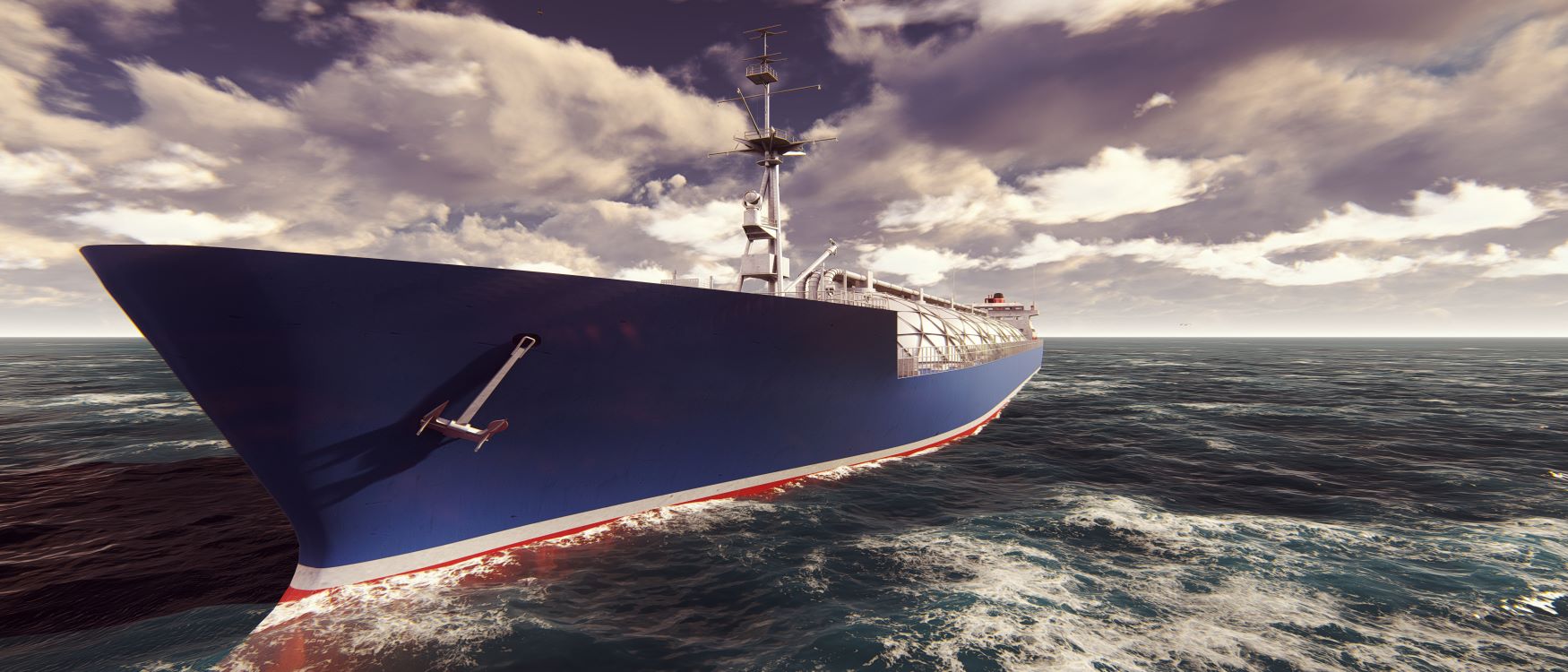
Prevention of accidents and pollution:
Ships using alternative fuels pose unique safety challenges due to the characteristics of these fuels. They have different ignition properties and may require specific handling procedures.
The STCW Basic Training equips seafarers with the knowledge to identify potential hazards, prevent accidents, and respond effectively to emergencies.
By ensuring that crew members are well-trained, the training helps minimize the risk of accidents, mitigate their consequences, and prevent pollution incidents.
Industry standards and best practices:
The STCW Basic Training reflects industry standards and best practices related to the use of fuels covered within the IGF Code.
These standards are developed through extensive research, analysis of incidents, and collaboration among maritime experts and organisations.
By incorporating these standards into the training, seafarers gain access to the latest knowledge and practices in the field, enhancing the overall safety culture within the shipping industry.
In summary, the STCW Basic Training for Service on Ships using Fuels covered within the IGF Code is important because it ensures the safety, competence, compliance, and pollution prevention of seafarers working on ships using alternative fuels.
It helps them acquire the necessary skills and knowledge to handle emergencies, follow industry standards, and maintain high safety standards in their operations.
To find out more about this course and to register your interest, please click here.

